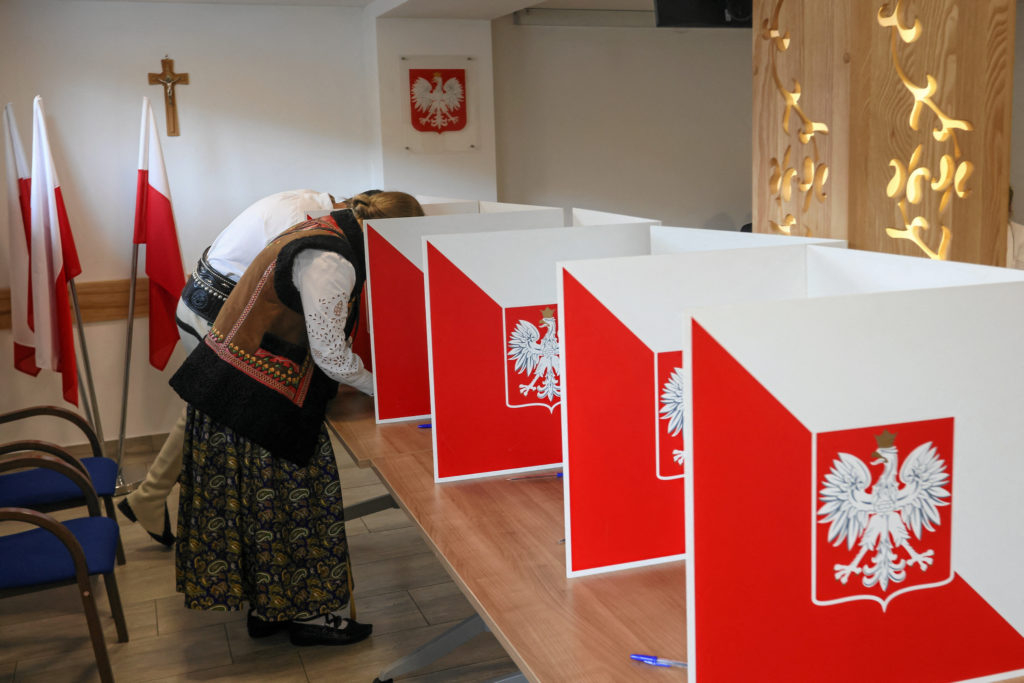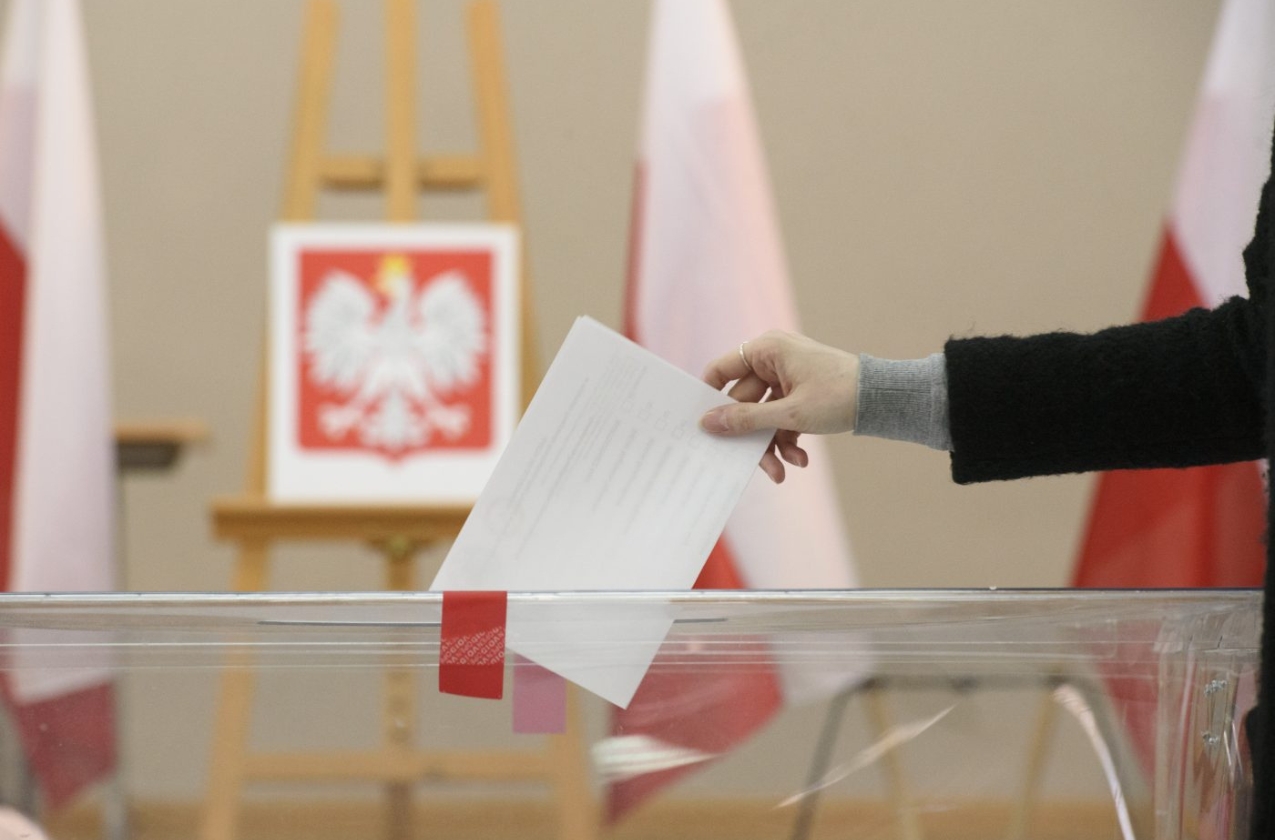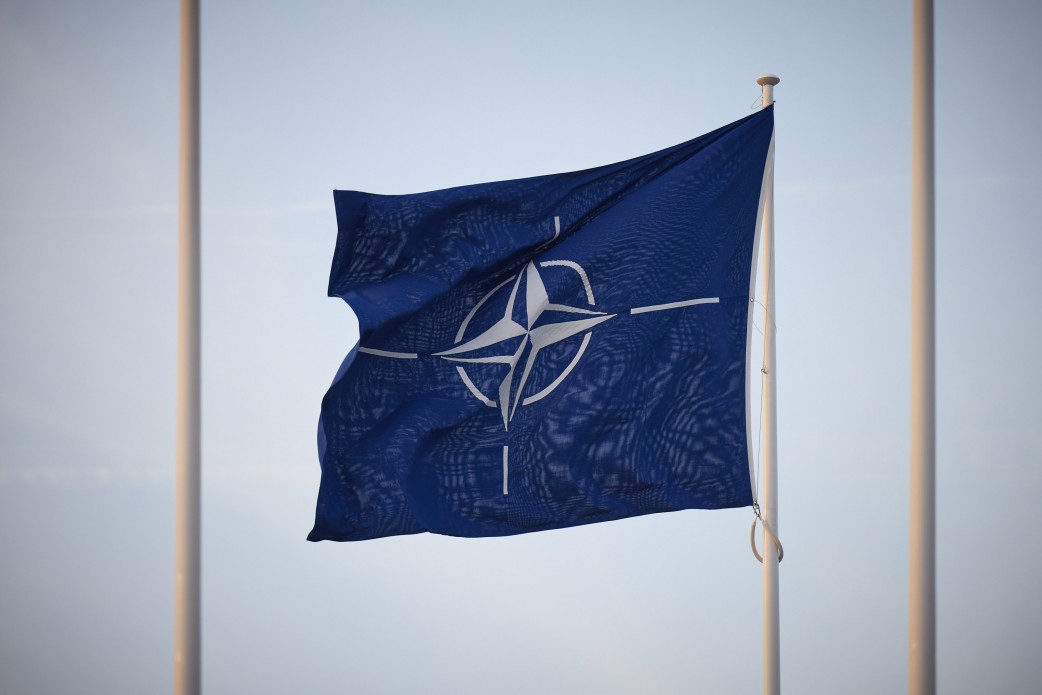Polish intelligence recorded a series of hybrid attempts by Moscow to influence the presidential campaign, with the climax—the second round of elections—scheduled for this Sunday. One of the most striking cases was the spread of fake emails signed in the name of the largest Ukrainian diaspora NGO, "Ukrainian House" as reported by balkaninsight.
On March 12, the municipality of Bydgoszcz received a supposed "official request" to organize a rally in support of the liberal candidate Rafał Trzaskowski. Similar messages were sent to Gliwice, Częstochowa, Poznań, and Rzeszów. The emails were sent from a fake address [email protected], very similar to the real [email protected], contained spelling mistakes and inserted Russian words. The staff of Ukrainian House stated that they never contacted Polish authorities with such requests and fundamentally do not participate in domestic political struggles.
Two weeks later, a post appeared on social media by local activist Rob Broz, associated with the far-right candidate Grzegorz Braun. He claimed that Ukrainian House was collecting donations for a series of rallies for Trzaskowski and called representatives of the organization “Banderites.” Screenshots of these posts spread through groups in the Podkarpackie Voivodeship. Following an NGO complaint, the content was removed by NASK—the state institution that monitors disinformation during the campaign. The investigation led by the Ministry of Internal Affairs, ABW (Internal Security Agency), and the prosecutor’s office has not yet identified the authors of the fake emails, but linguists pointed to a Russian-language structure of the original text and a high-level automatic translation into Polish.
Experts believe the goal of the provocation is not so much to discredit Ukrainian House as to damage Trzaskowski’s rating by “attaching” him to the image of a politician who is a “friend of Ukrainians.” Anti-migrant and especially anti-Ukrainian rhetoric became one of the main topics of the campaign. Braun, Sławomir Mentzen, and other far-right candidates for months demanded the cancellation of benefits for refugees and opposed Ukraine’s accession to the EU and NATO. Karol Nawrocki, who reached the second round with the support of the Law and Justice party, also played into this agenda. Even Trzaskowski himself partly yielded to the pressure and proposed reducing social benefits for Ukrainian families.
According to NASK analysts, unlike the “Romanian scenario” at the end of 2024, when pro-Kremlin networks actively spread AI-generated videos and entire armies of bots, in Poland Moscow preferred more “quiet” methods—local fraudulent campaigns, hijacking public images, and targeted cyberattacks. Deputy Minister of Digitalization Agnieszka Lipińska explains: numerous fake accounts pretending to be official profiles of politicians create a sense of chaos and confuse voters without leaving direct evidence of foreign state involvement.
The Ukrainian monitoring group "Opora" notes that the Kremlin increasingly “cultivates” loyal speakers locally by investing resources in promoting their social networks; then disinformation spreads not through obvious bot farms but through “real” local pages backed by a network of Russian curators. People from Ukraine and the topic of financial support for refugees are used as a vulnerable point of public distrust.



















